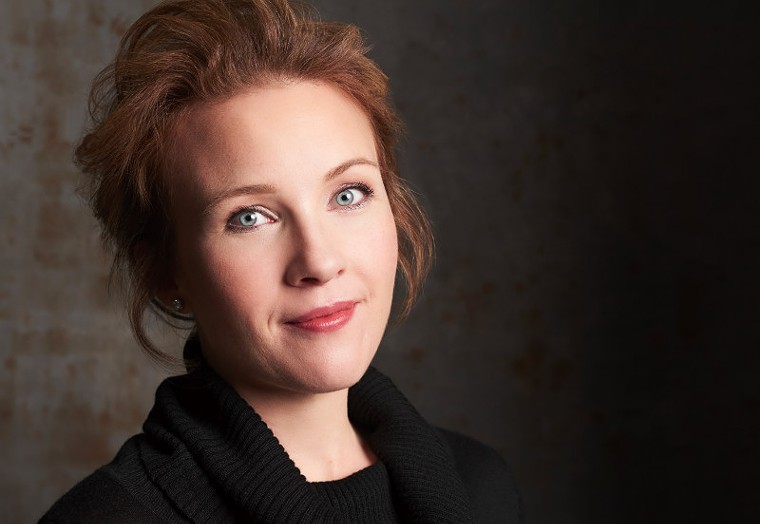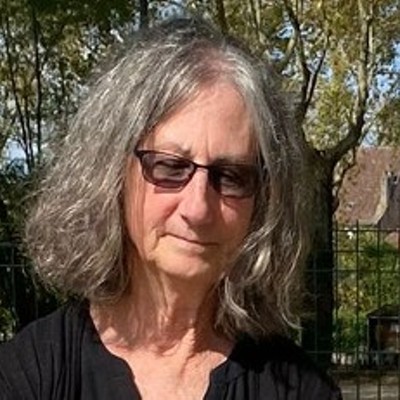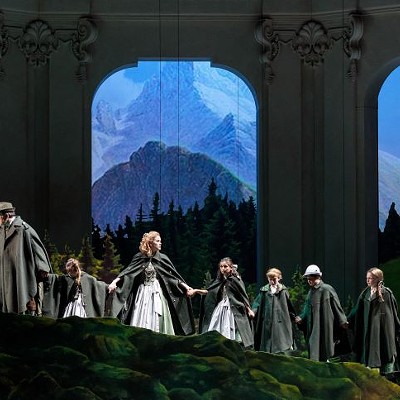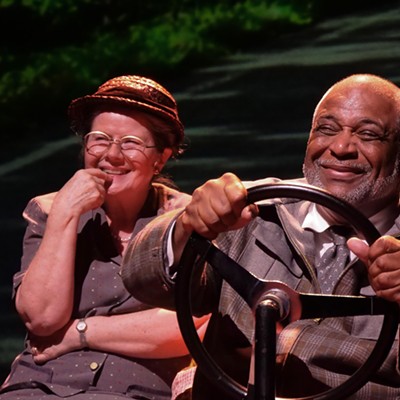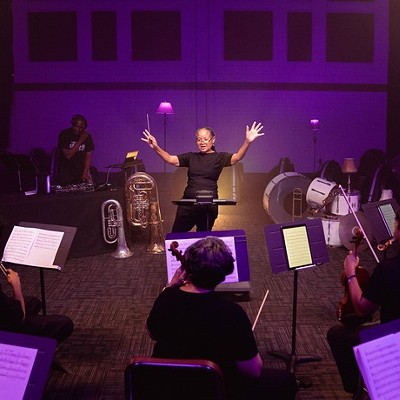Support Us
Houston's independent source of
local news and culture
account
- Welcome,
Insider - Login
- My Account
- My Newsletters
- Contribute
- Contact Us
- Sign out
Houston Grand Opera Unveils a Forgotten Work With The Wreckers
Margaret Downing October 26, 2022 4:00AM
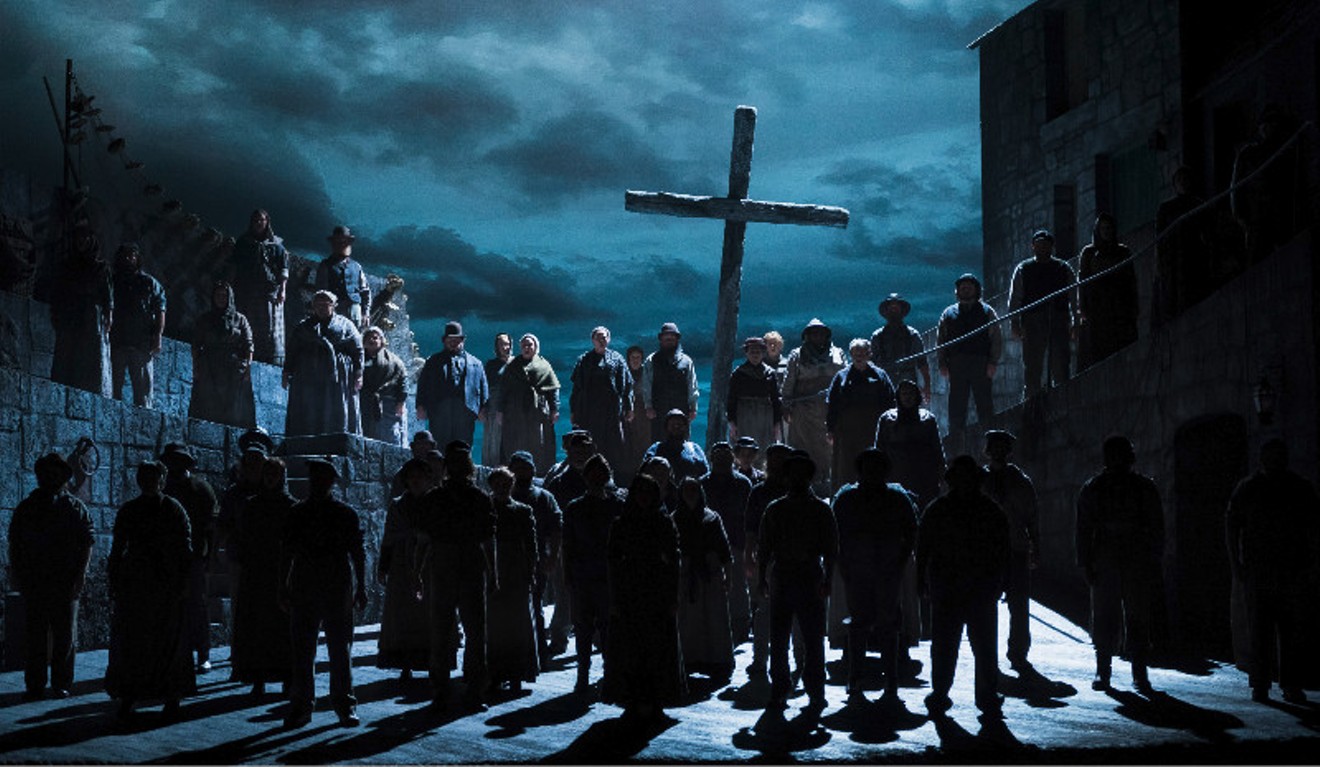
A tenuous existence counting on shipwrecks.
Photo by Michael Bishop
[
{
"name": "Related Stories / Support Us Combo",
"component": "11591218",
"insertPoint": "4",
"requiredCountToDisplay": "4"
},{
"name": "Air - Billboard - Inline Content",
"component": "11591214",
"insertPoint": "2/3",
"requiredCountToDisplay": "7"
},{
"name": "R1 - Beta - Mobile Only",
"component": "12287027",
"insertPoint": "8",
"requiredCountToDisplay": "8"
},{
"name": "Air - MediumRectangle - Inline Content - Mobile Display Size 2",
"component": "11591215",
"insertPoint": "12",
"requiredCountToDisplay": "12"
},{
"name": "Air - MediumRectangle - Inline Content - Mobile Display Size 2",
"component": "11591215",
"insertPoint": "4th",
"startingPoint": "16",
"requiredCountToDisplay": "12"
}
]
The setting is an isolated and poor seaside village in Cornwall whose residents eke out a meager existence through the goods they retrieve from any shipwrecks that come their way.
Rather than count on providence to provide them with the shipwrecked bounty they need to survive, they take matters further and lure ships into to the rocks along their shore by turning off the lighthouse lights at night, encouraged to do so by their leader and pastor Pasko. This scheme is thwarted, in turn, by some unknown person who is lighting fires along the coastline to warn incoming vessels.
It's a fascinating story, but one that hasn't been performed often since Dame Ethel Smyth wrote it in the early 1900s and it was staged in Leipzig in 1906. At the time, the idea of a female composer wasn't welcomed by very many opera venues throughout the world. In fact, when Houston Grand Opera presents The Wreckers starting later this week, it will be first ever full scale production of Smyth's work by a major American opera company.
Grammy Award-winning mezzo-soprano Sasha Cooke plays Pasko's wife Thirza who has a not entirely happy marriage and who does not agree with her husband about luring ships onto the rocks. She jumped at the chance to perform in this opera.
.
"It’s thrilling. In some ways it’s like doing a premiere because basically an unknown entirely. It’s sort of like unearthing a treasure. I think we’re giving it the best production you could dream of," says Cooke..
When HGO approached her about performing in The Wreckers, Cooke says she had never heard of the piece. She began researching it but didn't find much online.
"I looked at the music. Whenever a singer is considering a job they want to make sure it’s vocally right. You can't really tell that without looking at the score. That was how I decided to do it. I thought it would be a wonderful challenge vocally, dramatically, and the excitement of having this special new work to share with everybody.
"I knew that the demands were particular because the range of my part in some ways is kind of like a soprano but also like a mezzo. So Ethel Smyth really wrote a pretty dramatic mezzo part but I love that sort of challenge; I love being stretched and I've done a couple other pieces like that where you can’t really put the role into a box."
Unlike many other more modern works, the music in The Wreckers is not atonal but very lyrical, Cooke says.
"This is very different, not atonal. It's very lyrical; it's very romantic. I would describe it as dramatic. The composers it reminds me of are definitely Wagner, Debussy and [Edward] Elgar. So there are moments that sound impressionistic like French music and then there are really dramatic operatic sections that sound like Wagner in that you hear these musical ideas repeated throughout that come back. And then some of the vocal writing is set like traditional English music with a certain stoicism, sort of poised grace, but very melodic. You can leave the theater humming tunes.
"I think the general feeling will be: How do we not know this piece already," she says. "I think whenever you do a piece like this that hasn't been done, you assume there's something wrong with it. But that's not the case with The Wreckers. It's actually fabulous. The only thing working against it is the complicated story. Because when you hear about ships being wrecked on the coast to be robbed, that just sounds like a mad-up story."
"I think it's in part truth and in part fable. I think the composer was just fascinated by it. She walked the land. and envisioned all of this happening. I love my theory about the role I’m singing, that it's is the composer I’m singing, an autobiographical part because she struggled in many ways with her music being accepted, with her sexuality, with her relationships and it feels like my character has that same sort of struggle.
"The long aria I have in Act 2 is all about wanting to have a friend as a child. And Ethel Smyth famously talked about her partners as friends as special friends. So it just feels close to home. It feels like she was writing a bit about her experience."
Cooke says she studied voice at Rice University. "I would not be a musician were it not for my experience there."
She grew up listening to opera, specifically at HGO, since she was about 5. She also traveled to the Austin Opera. Her parents teach Russian at Texas A&M where in addition to teaching language, they teach Russian opera and art and poetry.
"So I grew up not knowing art was particular. I thought everybody loved opera," she says. "Piano was my first instrument, it was one of my first loves," she says. "Music offers a way of self expression unlike anything else."
But she was equally interested in and adept at math, her favorite subject. When she went to Rice on the entrance form she wrote down "engineering." She didn't think she could succeed at the music school there. "The same was the case at Julliard and the Metropolitan Opera program. Everywhere I went I didn't think I could get in and then I did."
As for The Wreckers, Cooke says it has all the ingredients that appeal in opera. "If you like drama, if you like romance, I think a lot of the reasons people are drawn to opera is because it's bigger than life. All l of these different forces come together and it's an experience that you cannot have on your TV screen.
"The Wreckers is fabulous music, dramatic story, tragic love story and great singing." Cooke says. "I think we go to the opera because we marvel at what the human voice can do and Ethel Smyth sets the voice really, really well."
Performances of The Wreckers are scheduled for October 28 though November 11 at 7:30 p.m. Fridays, Saturday and Wednesday and 2 p.m. Sunday at the Wortham Theater Center, 501 Texas. Sung in English with surtitles. For more information, call 713-546-0200 or visit houstongrandopera.org.$26-$250.
KEEP THE HOUSTON PRESS FREE...
Since we started the Houston Press, it has been defined as the free, independent voice of Houston, and we'd like to keep it that way. With local media under siege, it's more important than ever for us to rally support behind funding our local journalism. You can help by participating in our "I Support" program, allowing us to keep offering readers access to our incisive coverage of local news, food and culture with no paywalls.
Margaret Downing is the editor-in-chief who oversees the Houston Press newsroom and its online publication. She frequently writes on a wide range of subjects.
Contact:
Margaret Downing
Follow:
Facebook:
HoustonPress
Twitter:
@HoustonPress
Trending Arts & Culture
- Bring a Friend With You to See A.D. Players' Heartwarming Production of Driving Miss Daisy.
- Houston Grand Opera's The Sound of Music Begins This Weekend. Yodelayheehoo!
- The 10 Best And Most Controversial Hustler Magazine Covers Ever (NSFW)
-
Sponsored Content From: [%sponsoredBy%]
[%title%]

Don't Miss Out
SIGN UP for the latest
arts & culture
news, free stuff and more!
Become a member to support the independent voice of Houston
and help keep the future of the Houston Press FREE
Use of this website constitutes acceptance of our
terms of use,
our cookies policy, and our
privacy policy
The Houston Press may earn a portion of sales from products & services purchased through links on our site from our
affiliate partners.
©2024
Houston Press, LP. All rights reserved.

